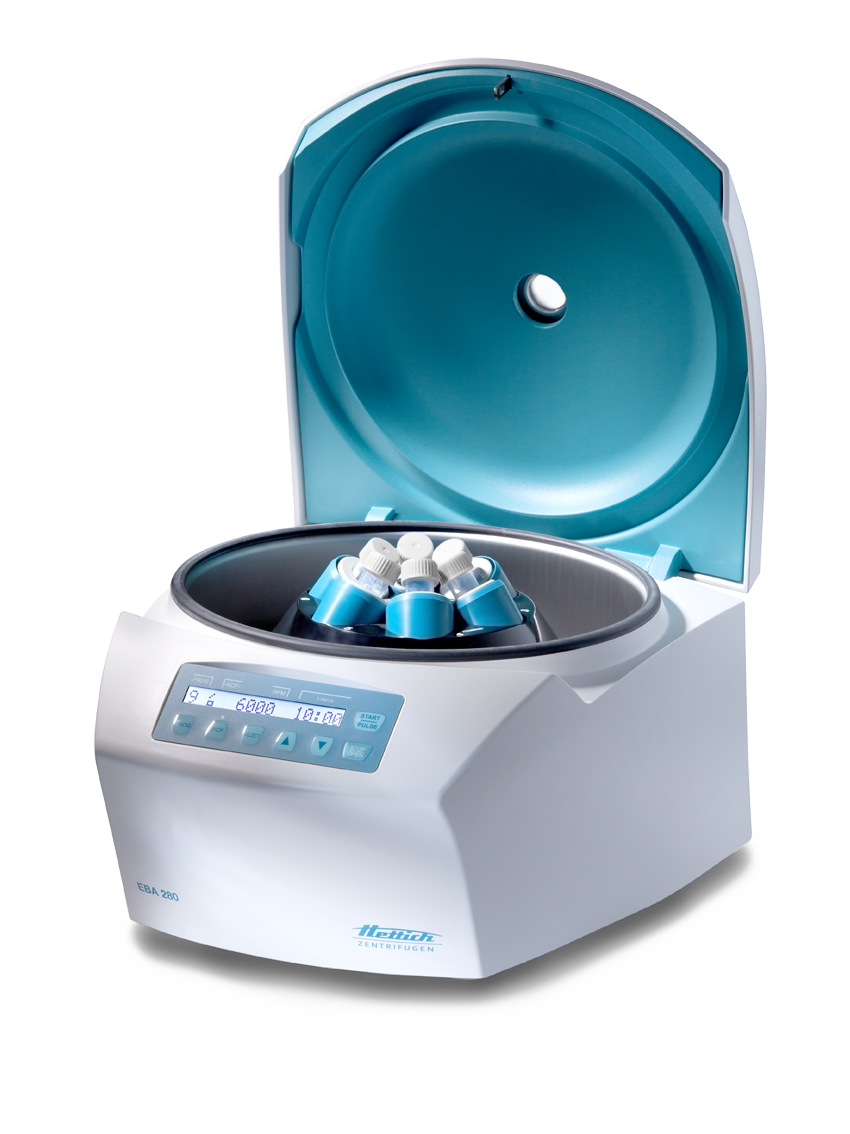
Why Serological Tests are Done
Serological test, also known as serology test or antibody test, is a laboratory procedure that is carried out on a sample blood serum to detect antibody-like substances or antibodies. There are various types of serological tests including flocculation tests, enzyme-linked immunosorbent assays (ELISAs), and neutralization tests.
A serological centrifuge is an important equipment that is typically used in laboratories to assist biochemical analyses on body fluids. A swinging bucket serological centrifuge is often used in clinical labs for such purposes. Different kinds of serologic tests are done to diagnose different medical conditions.
Serological tests however have one thing in common—they focus on the proteins that are created by the immune system. The vital body system helps keep humans healthy by destroying any foreign invaders that make them ill. It is helpful to understand the immune system to understand why serological tests are important.
The Purpose of Serological Tests
The substances that will provoke a response from the immune system are called antigens. Antigens are too small for the naked eye to see. and can enter the body through broken skin, nasal passages, and the mouth. Some of the antigens that typically affect people include:
- Fungi
- Parasites
- Bacteria
- Viruses
The immune system will defend against antigens by producing antibodies. Antibodies are particles that attach themselves to the antigens and deactivate them. When the doctor tests the blood, they can determine the type of antigens and antibodies in the blood sample and determine the type of infection.
At times the body can mistake its own healthy tissue as foreign and might produce unnecessary antibodies. This is commonly known as an autoimmune disorder. A serological test is used to detect the antibodies and help the doctor accurately diagnose any autoimmune disorder.
To conduct serological testing, a blood sample is required. Serologic testing can also diagnose multiple medical conditions, including:
- HIV
- Brucellosis
- Amebiasis
- Rubella
- Measles
- Fungal Infections
- Syphilis
















